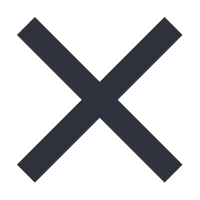I found myself sitting at my desk the other day, and knew that I had to get some work done. The problem was that every time I started, something else distracted me. Each instance I was distracted, it took time to remember what I was doing, build up the context that I had my brain set in before I was interrupted, and get back in the Zone.
Interruptions today are easier than ever. Here’s a small list of the interruptions that can find me from where I sit:
- Email notification
- Instant messenger for chatting with co-workers
- Desk phone
- Cell phone
- Internet!
- Google Reader
- ESPN
- CNN
- USA Today
- Detroit Free Press
- Research for my next vacation
- Meetings
- A window
- A grumbly stomach
It’s a wonder I get anything done at all with all those potential interruptions. So then, what is the key to being productive? It is not necessarily eliminating the interruptions. Your brain craves distraction, and sometimes the distraction is what triggers the creative idea that you were looking for.
Instead, the answer is focused, uninterrupted time. Here’s a strategy that works well for me.
A) At the end of the day, I make a list of the 2 or 3 most important things to accomplish tomorrow. Often there will be a number of ancillary items under the main items. If I get to them, great. If not, they’ll wait for another day.
B) When I get to the office, don’t check your email right away! A day’s worth of distraction awaits you there. Turn off the email client and put it away until later.
C) Turn the instant messenger to Busy so your co-workers know not to bother you.
D) Put your head down and work until at least 1 of the items is complete. If possible, complete them both.
E) Now that the day is rolling along, and you’ve completed enough that you feel productive, check your email. I like to check it at 11 and 4pm, and do my best to avoid it the rest of the day. If it’s an emergency, they’ll call, but it rarely is that important. What is important is getting substantive work complete, and not just checking off small tasks that do nothing more than move a ball forward.
Give it a try sometime! I think you’ll be pleasantly surprised with how much work you can accomplish by focusing on 2 or 3 of the important tasks each day.




